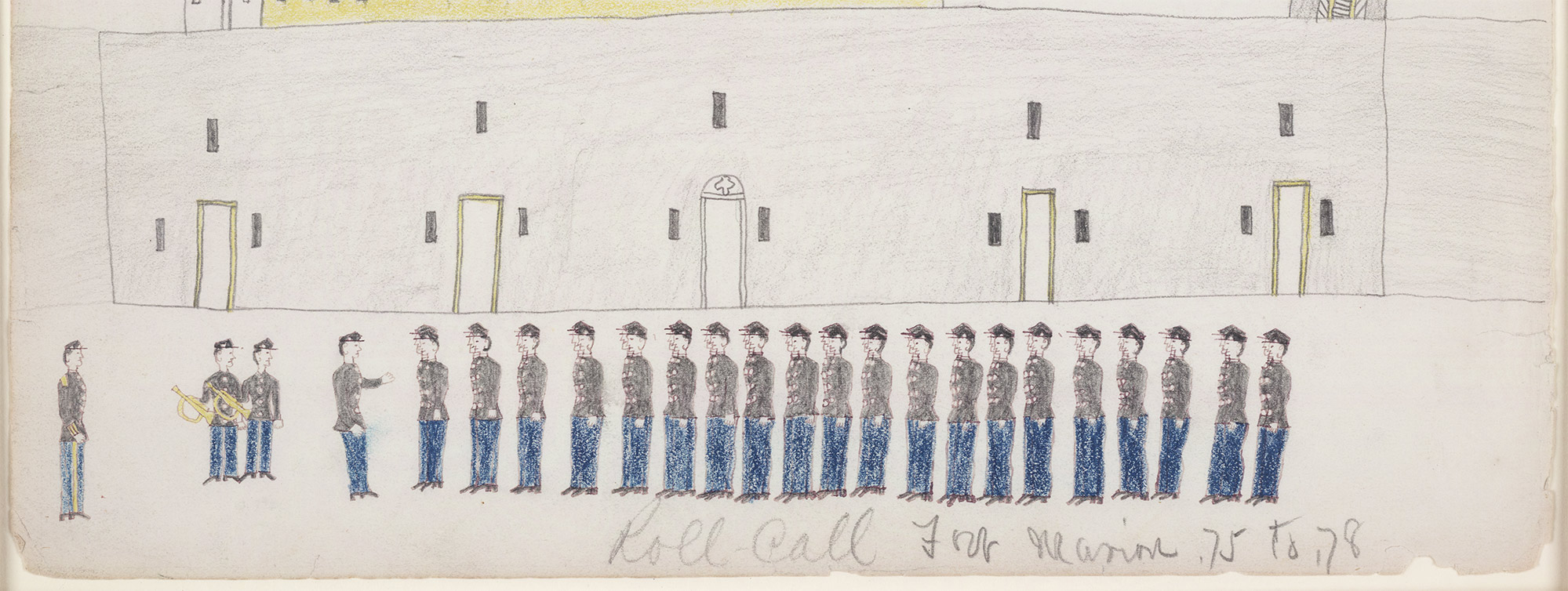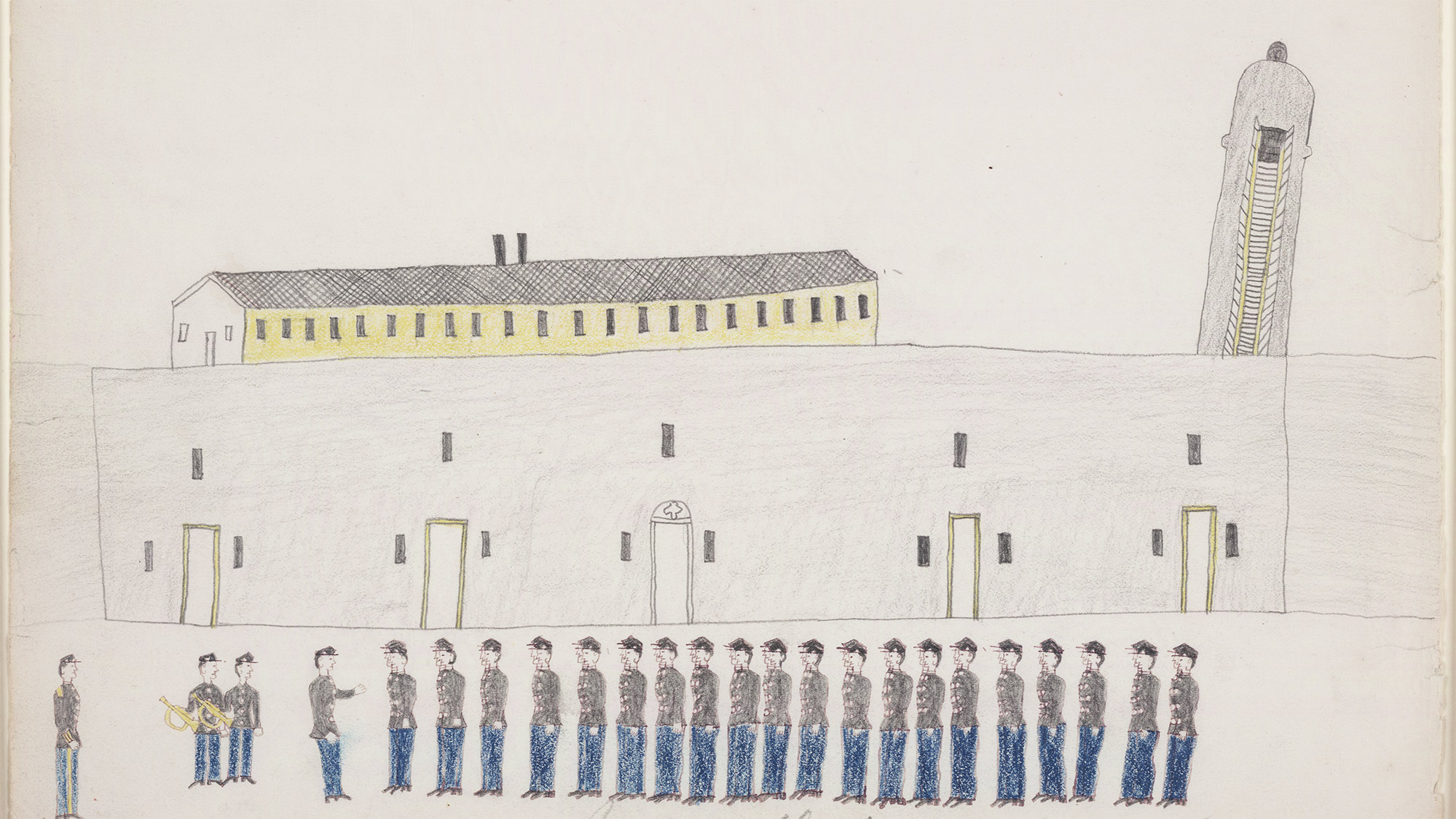A Lethal Education: Institutionalized Negligence, Epidemiology, and Death in United States American Indian Boarding Schools, 1879-1934
Preston McBride
History
UC Los Angeles
Beginning in 1879 and continuing well into the twentieth century, the federal government transported at least 830,000 American Indian children hundreds or even thousands of miles away from their families and homelands and incarcerated them in boarding schools in the name of assimilation. Cultural loss was a significant impact of these schools and has been the subject of substantial scholarship, yet this research proceeds in a fundamentally different direction. Large numbers of students died as a result of attending the United States’ off-reservation boarding schools. Substandard living conditions, overcrowding, compulsory labor, physical abuse, malnourishment, and psychological trauma compromised students’ immune systems, leaving them vulnerable to pathogens while impeding their recovery from illnesses. The conditions imposed by officials caused substantial sickness. Outbreaks killed thousands of Indian students, leaving death, shattered families, and broken communities in their wake. Based upon newly opened archives, this epidemiological project will be the first to quantify the lethal impact of these institutions. It brings together American Indian History with the History of Medicine by focusing on disease etiology, the consequences of contagious environments, and students’ experiences relating to health at these institutions.


